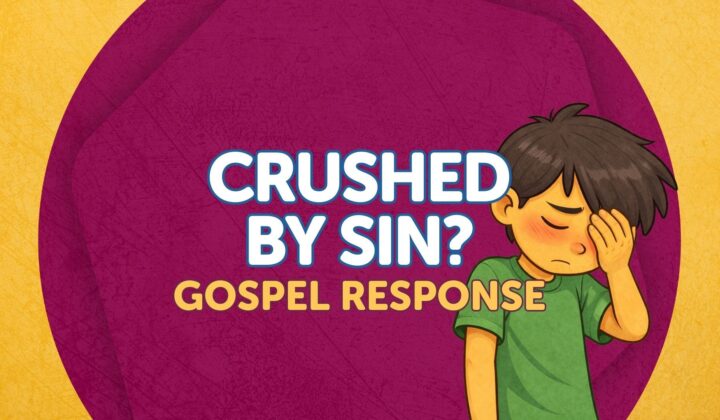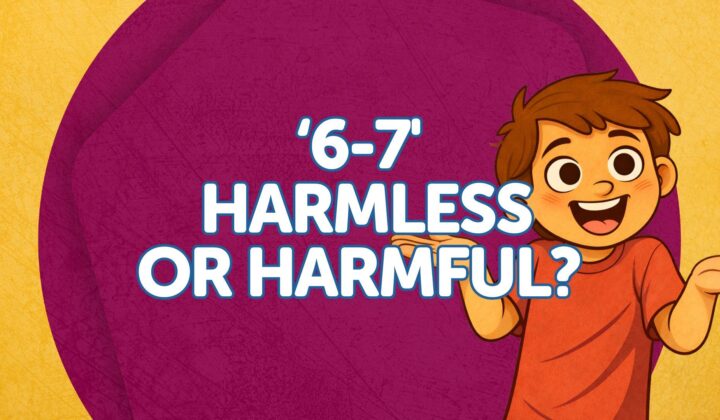Learn more about the journey that led to us equipping kids to carefully evaluate every idea they encounter.
Meet members of our team who have contributed to curriculum development.
Hear from real users of the Foundation Curriculum.
Learn what we believe about God, Jesus, Scripture, and more.
Explaining Postmodernism to Our Children
Postmodernism is perhaps the most confusing worldview threatening to capture the hearts and minds of our children. It promotes concepts such as love, acceptance, and tolerance – all of which stem from the Christian worldview. Yet the postmodern version twists Truth into a counterfeit. Postmodernism's beliefs are masked as academic and thought-provoking, but ultimately lack a firm foundation of absolute Truth. What exactly does postmodernism teach and how can we prepare our children to encounter this worldview?
Expose the Idol
We have already seen that anytime we want to teach our children about another worldview, the first thing we must do is expose the idol. What person or object has this worldview substituted for God? In postmodernism that idol is community.
Postmodernism’s overarching theme is objective Truth does not exist. Even if such Truth did exist, postmodernism claims it would be beyond our ability to comprehend. So, what are we to do? How can we live in a world where we cannot know Truth? Postmodernism’s answer is community. We may not be able to know Truth that applies to all people, at all times, and in all cultures. But we can know “truths” that apply to our particular community. Community then becomes the ultimate authority.
Contrast the Idol with Reality
Once we expose postmodernism’s idol of community, we need to help our children see how this idol contrasts with what we find in reality. No one consistently lives as if individual communities are the final authority on Truth. Take morality for example. Humans inherently know that specific actions, such as hurting babies for fun, are wrong for all people, at all times, and in all cultures. Even if a community says such actions are permissible, we know that they are objectively wrong. If this were not so, we could not label the actions of Nazis, the KKK, or ISIS, as wrong. And we would be without justification in fighting against them. The idol of community does not line up with what we find in reality.
Once we have helped our children think through the shortcomings of postmodernism’s worship of community, we must then contrast this idol with God. Scripture is clear that God, not community, is the ultimate authority (Ex. 20:1-2, Ps. 86:10, Is. 45:5-6). This is because God is the creator of the universe and the source of Truth (Col. 1:16-17, John 14:6). Unlike our communities, God is eternal and immutable (Ps. 90:1-2, Heb. 13:8). This means that Truth does not and will not change. Therefore, we look to God’s Word, not community, as our guide for Truth.
Conclusion
Once we have exposed our children to postmodernism’s idol of community and contrasted it with reality, we can then help them see the connection between the worship of community and other postmodernist teachings – such as those on origins, identity, and morality. For more information on preparing our children to navigate postmodernism in our culture, check out Unit Two in Foundation Comparative Worldview Curriculum.

About Elizabeth Urbanowicz
Elizabeth Urbanowicz is a follower of Jesus who is passionate about equipping kids to understand the truth of the Christian worldview. Elizabeth holds a B.S. in Elementary Education from Gordon College, an M.S.Ed. in Education from Northern Illinois University, and an M.A. in Christian Apologetics from Biola University. Elizabeth spent the first decade of her professional career teaching elementary students at a Christian school. Elizabeth now works full time on developing comparative worldview and apologetics resources for children. Her goal is to prepare the next generation to be lifelong critical thinkers and, most importantly, lifelong disciples of Jesus.
Related Posts and insights

What Should I Do When My Child Is Crushed by Their Sin?
Help your child process grief over sin biblically. Learn the 5-part arc of identity—from image bearer to sanctification—that gives kids hope and context.

Affirm the Questions of the Children You Are Teaching
Affirm children’s questions to foster curiosity and lifelong learning. Discover a simple, biblical strategy for building a love of learning.

How Should Christians Respond to the "6 7" Trend? Helping Kids Think Biblically About Cultural Phrases
How should Christian parents handle the "six seven" trend? Learn to avoid the genetic fallacy and guide your kids to think biblically about cultural phrases.
